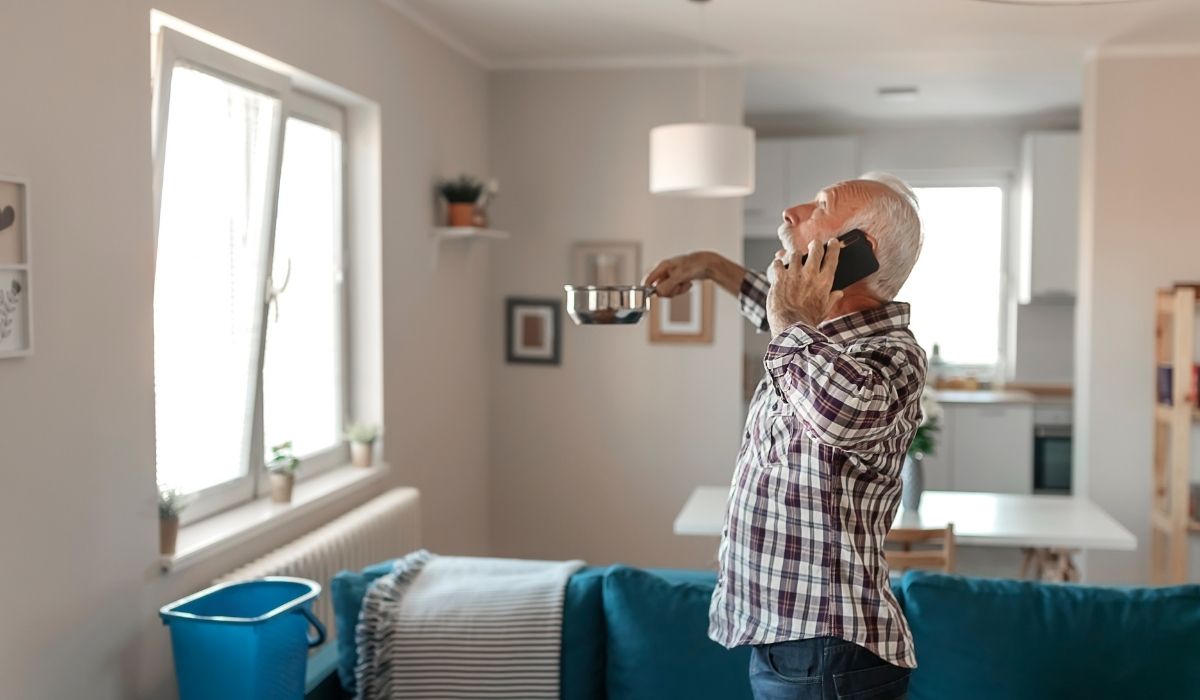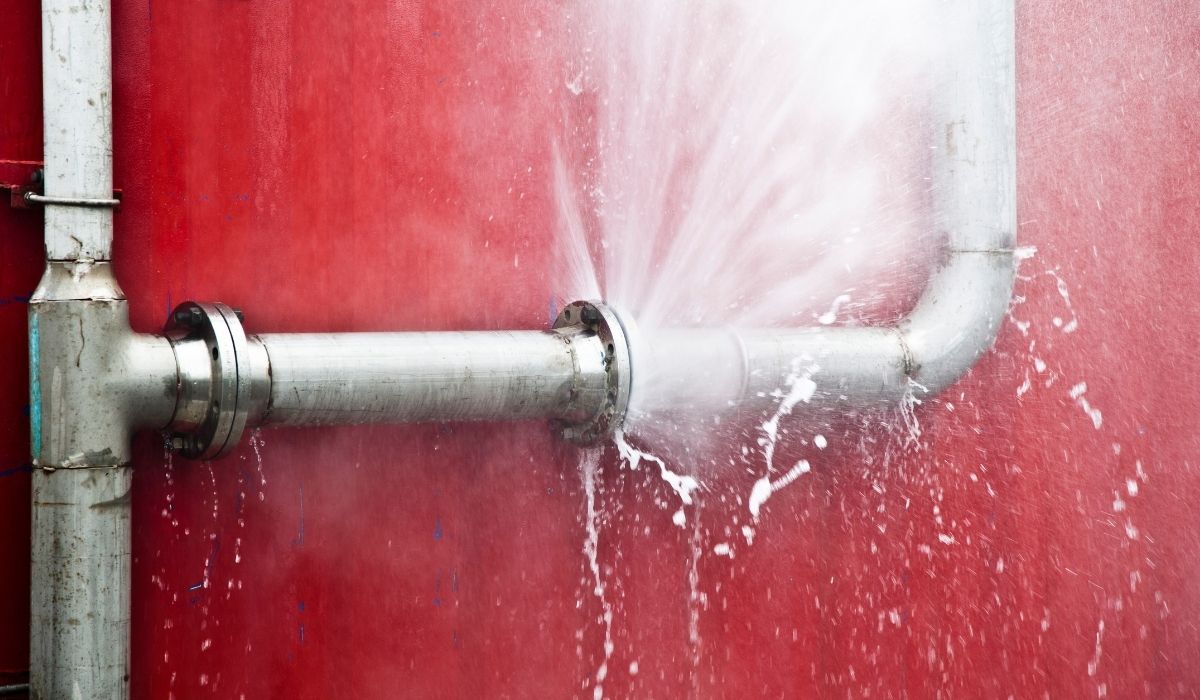What Does Mold Smell Like?
Have you ever walked into a room and noticed a strange, musty smell? That might be mold. Mold is a type of fungus that grows in damp, dark places. The smell of mold is strong and hard to ignore. It’s often described as musty or earthy—like old socks, wet wood, or dirty clothes left too long.
If you’re asking what does mold smell like, this guide will help you understand the odor, where mold hides, and how it can affect your health and home.

What Causes the Smell of Mold?
Mold Feeds on Moisture and Organic Matter
Mold grows when there is too much moisture in the air or on surfaces. It feeds on organic matter like dust, wood, drywall, or fabric. As mold grows, it releases gases called microbial volatile organic compounds (MVOCs). These gases are what cause the smell.
The odor from mold is usually stronger in small, closed spaces like a basement, bathroom, or under the ceiling where a leak might be hidden.
Places Where Mold Smell Is Common
Basement
The basement is often the first place people smell mold. It’s cool, dark, and can be damp—perfect for mold to grow. If there was a flood or water damage, mold may already be growing behind walls or on old furniture.
Bathroom
The bathroom has a lot of humidity. Long showers and poor ventilation make it easy for moisture to build up. Mold often hides behind tiles or under the sink.
Ceiling and Walls
Have you had a leak in your roof or pipes? You may smell mold coming from the ceiling or inside your walls. Water that soaks into wood or drywall is a common cause of mold infestation.
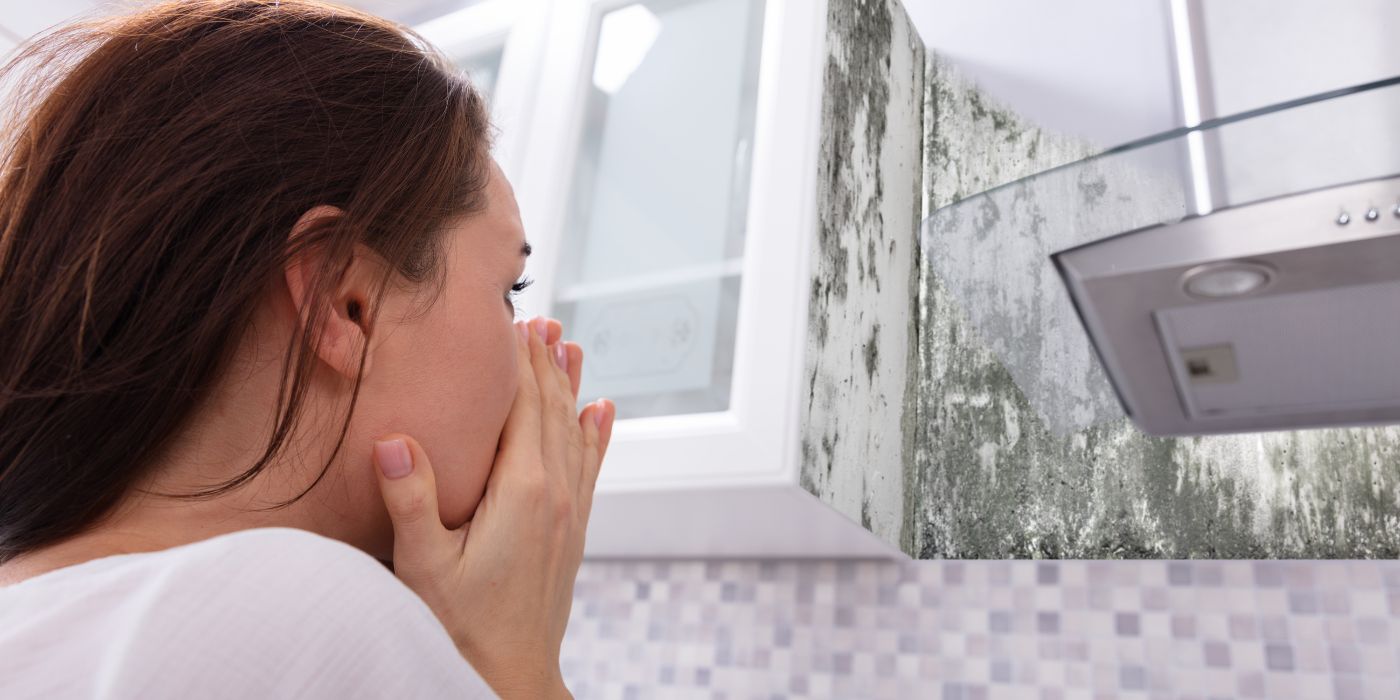
How to Know If the Smell Is Mold
The Smell vs. Mildew
Many people confuse mold with mildew, but they are a little different. Mildew also smells musty, but it’s usually lighter and easier to clean. Mold has a stronger, thicker smell and is often found in bigger, hidden areas.
The Smell Is Worse Over Time
If the smell doesn’t go away or keeps getting worse, it could be a mold infestation. It’s important to take action before it affects your health or home.
Mold and Your Health
Breathing in Mold
Mold can hurt your lungs. It can cause shortness of breath, asthma attacks, coughing, or make it hard to breathe. People with asthma or allergies may feel worse in homes with mold.
Skin and Rash
Some people get a rash or itchy skin from touching mold. If you have red spots on your skin or feel itchy after being in a certain room, mold might be the reason.
How Mold Affects Indoor Air Quality
Mold releases spores into the air, and those spores can lower your indoor air quality. If your home smells bad and feels stuffy, mold could be to blame. Good air should be clean and fresh—not musty or damp.
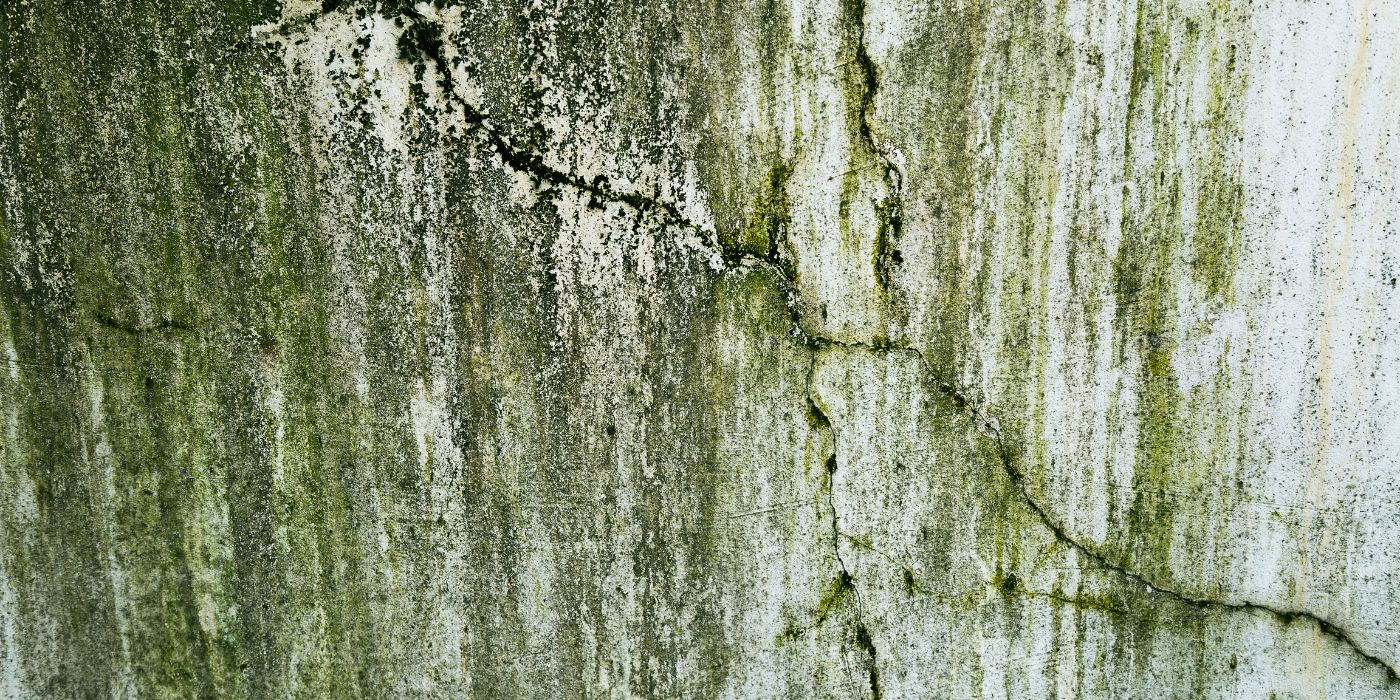
What to Do If You Smell Mold
Step 1: Mold Inspection
If you smell something odd, it’s a good idea to get a mold inspection. A professional can check for mold behind walls, under floors, or in the ceiling. They know where to look and what signs to find.
Step 2: Find the Source of Moisture
To stop mold, you have to find out why it’s growing. Is there a leak? Too much humidity? Water from a flood or old water damage? Fixing the moisture problem is the first step.
Step 3: Mold Removal or Mold Remediation
Mold removal is when you clean and take out the mold you can see. Mold remediation goes further—it stops mold from coming back. Professionals use tools to dry out moisture and clean the air.
Tips to Prevent Mold and Its Smell
Keep Air Dry
Use fans or a dehumidifier to keep humidity levels low, especially in the bathroom and basement.
Fix Leaks Fast
If your roof or pipes leak, fix them right away. Even small drips can cause mold infestation.
Clean and Air Out
Clean places where moisture builds up and open windows when possible. Fresh air helps keep indoor air quality healthy.
Watch for Water Damage
Check for stains on your ceiling or walls. These may mean hidden water problems and mold.
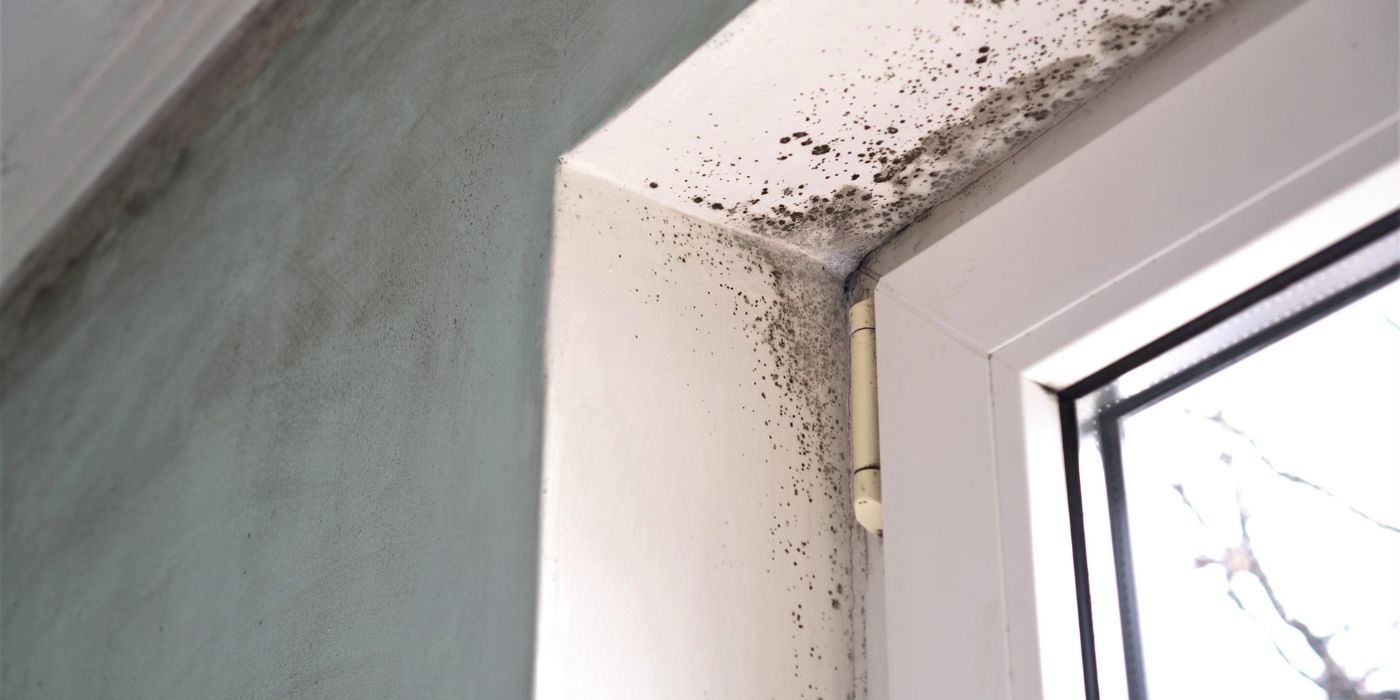
FAQs About Mold Smell
What does mold smell like in a house?
Mold smells like something musty, damp, or earthy. Many people say it smells like wet socks, old paper, or rotting wood. If your house smells like this, mold may be growing somewhere.
Is mildew smell the same as mold?
No, mildew smell is usually lighter and less strong than mold. Mildew often stays on surfaces and is easier to clean. Mold has a deeper odor and can be hidden in walls or ceilings.
Can mold smell make you sick?
Yes. The smell itself doesn’t make you sick, but breathing in mold spores can affect your lung health. It may cause coughing, asthma, rash, or even trouble breathing.
How can I tell if it's mold or something else?
If the smell is musty and doesn’t go away, it might be mold. If you’ve had water damage, a flood, or a leak, there’s a higher chance that the smell is mold. A mold inspection can confirm it.
What should I do if I smell mold?
First, look for signs of moisture or leaks. Then, call a professional for mold removal or mold remediation. Fixing the cause of the humidity is key to keeping mold away.
Final Thoughts
If you’re wondering what does mold smell like, now you know it’s more than just a weird scent. It’s a sign of a possible problem in your home. Mold can grow anywhere there is moisture, like the basement, bathroom, or ceiling after a leak or flood. It smells musty and earthy, and it may be a danger to your health, especially if you have asthma or other breathing issues.
By learning what the smell of mold is like, you can take steps to protect your home and your family. If you ever smell that funky odor, take it seriously—your lungs, skin, and indoor air quality may depend on it.
If you need help, call a professional for mold removal, mold remediation, or a mold inspection. Don’t wait until the problem gets worse. Mold is sneaky, but with the right tools and action, you can keep your home safe and fresh.
Contact us today for more information or visit our Mold Removal service for our process.


